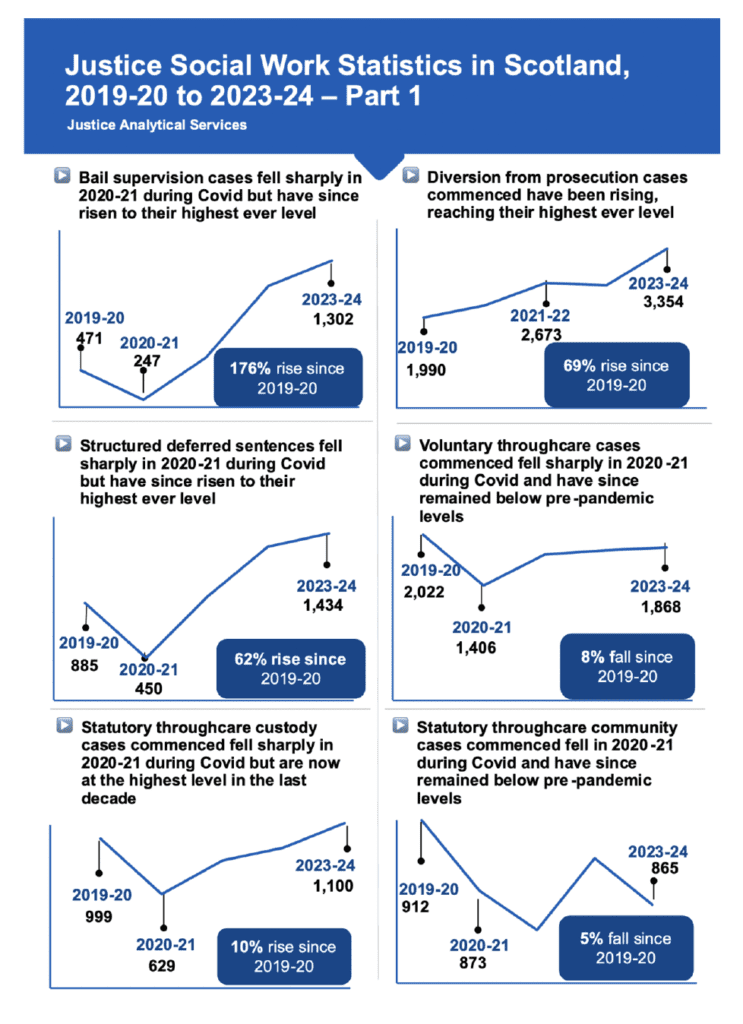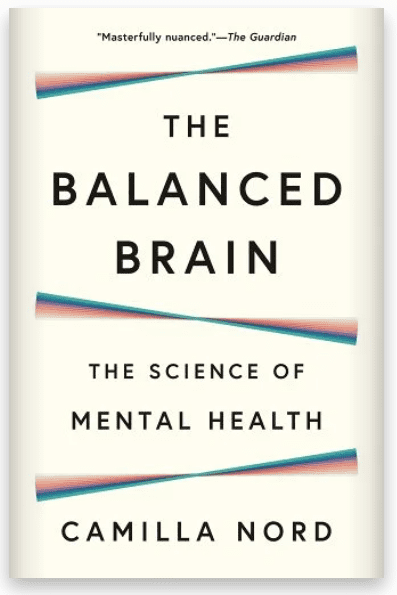
A new study has lifted the lid on how couples living with rheumatoid arthritis cope with the debilitating disease finding that those who cope with problems together had less psychological distress and better relationships.
news, new scholarship & more from around the world

A new study has lifted the lid on how couples living with rheumatoid arthritis cope with the debilitating disease finding that those who cope with problems together had less psychological distress and better relationships.

A couple who were left with life-changing injuries after their Uber crashed have been told they cannot sue the company because of the terms they accepted when using the app.


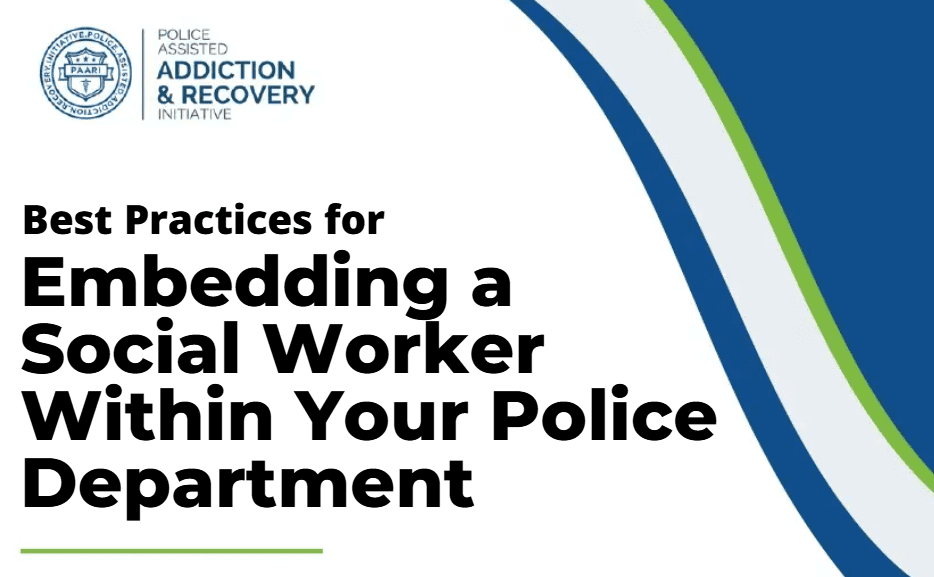
This resource from PAARI draws from the experiences of embedded social workers in Jeffersontown, Kentucky
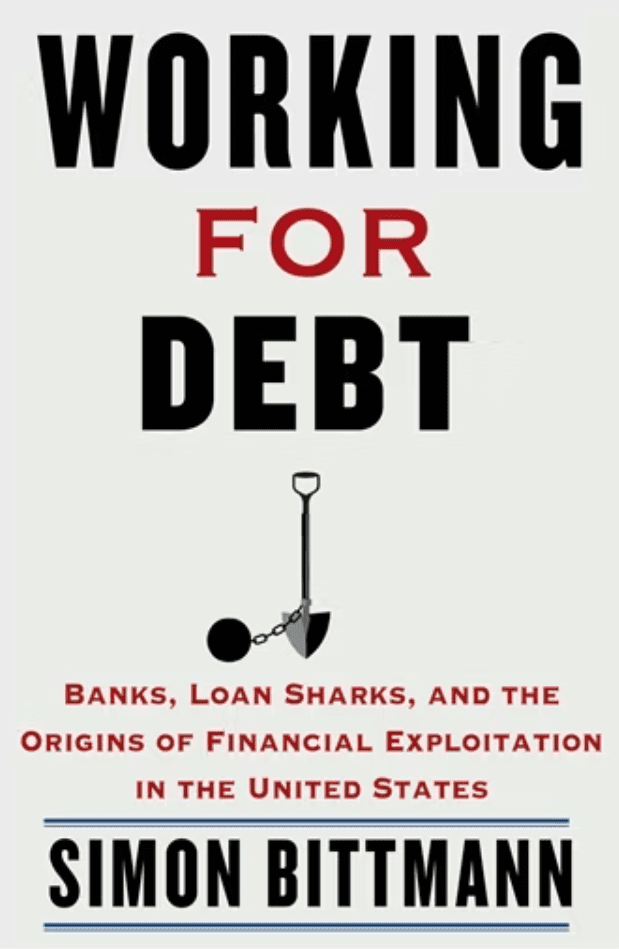
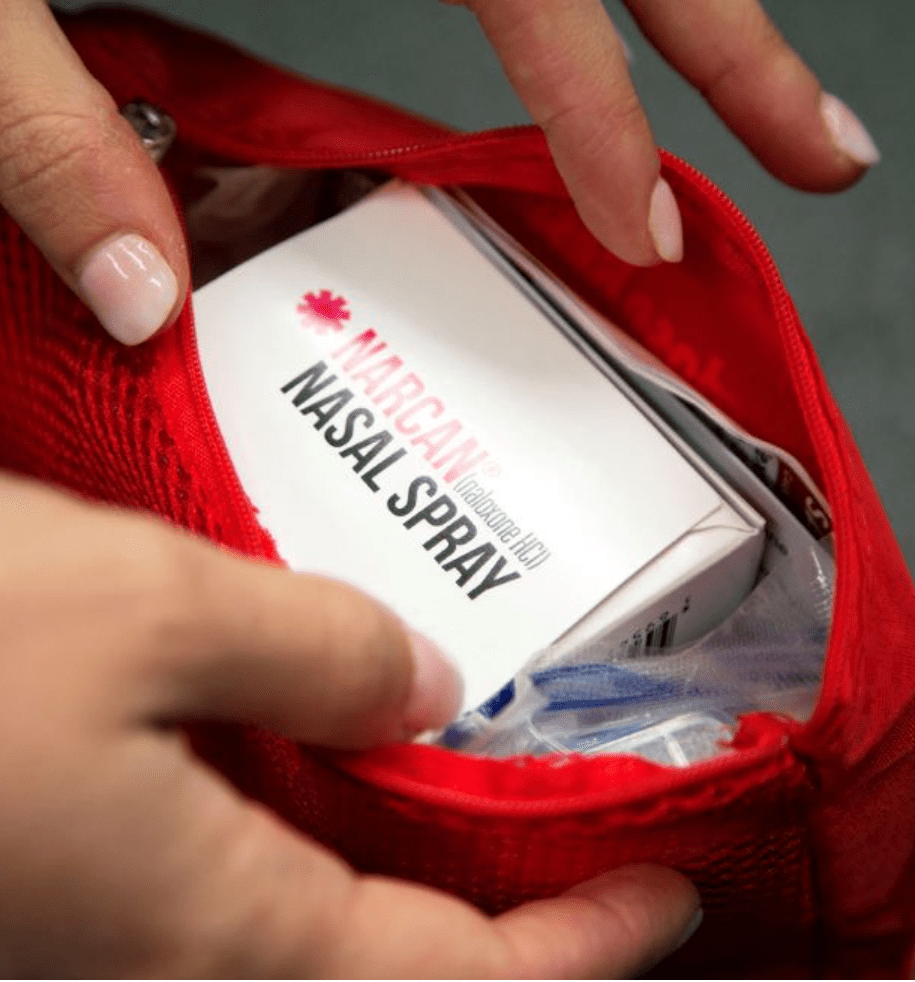
Naloxone is an “opioid antagonist” medicine. It attaches to opioid receptors in the brain to reverse and block the effects of opioids. Opioids include heroin, fentanyl, oxycodone, and morphine, to name a few. When someone overdoses on opioids, their breathing can slow or stop altogether. Naloxone can quickly and safely restore regular breathing.
